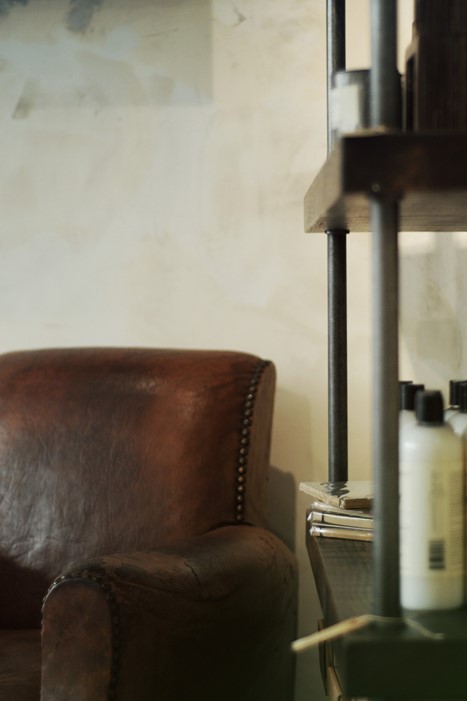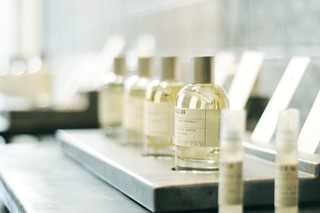We discuss hoarding perfume samples and fan mail with the nose behind some of Le Labo's most celebrated scents
In 2006, Fabrice Penot and Eddie Roschi founded fragrance house Le Labo, with a distinct intention to revolutionise a super-saturated mainstream market. Starting with one boutique in New York that blended perfumes to order rather than keeping stock and wrapped everything in brown paper, they have proven the demand for a chic, minimalist aesthetic by recently opening their 12th store, in East London. We spoke to Daphne Bugey, their collaborator and the nose behind their best-selling fragrance (Rose 31) to find out what inspires her creations, and what she liked about the brand.
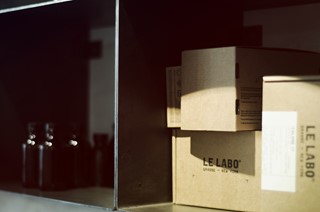
When was the first time that you found an interest in fragrance and scents?
I was actually very young. By the time that I was 10-years-old, I was collecting miniature fragrance samples and trying to recognise the perfumes that people were wearing in the street. I collected the beautiful bottles, and even the advertisements – but I soon stopped that because it was too much paper. My parents took me to Grasse, to visit the International Museum of Perfume, and that’s where I discovered the job of a parfumier. At that time, you needed to have a chemistry degree to get into the only school that trained you as a perfumier, so I decided that I would do that.
So, you went and got your degree and then where did you go?
Actually, when I started school in Versailles at ISIPCA (Institut supérieur international du parfum, de la cosmétique et de l'aromatique alimentair), I needed an internship in a company. I got mine at Firmenich, and then I stayed – I’m still there now! I started out in Geneva, making perfumes for shampoos, creams and candles, and after two years I moved to Princeton USA. Four years there and then I went back to Paris, where I moved to fine fragrance.
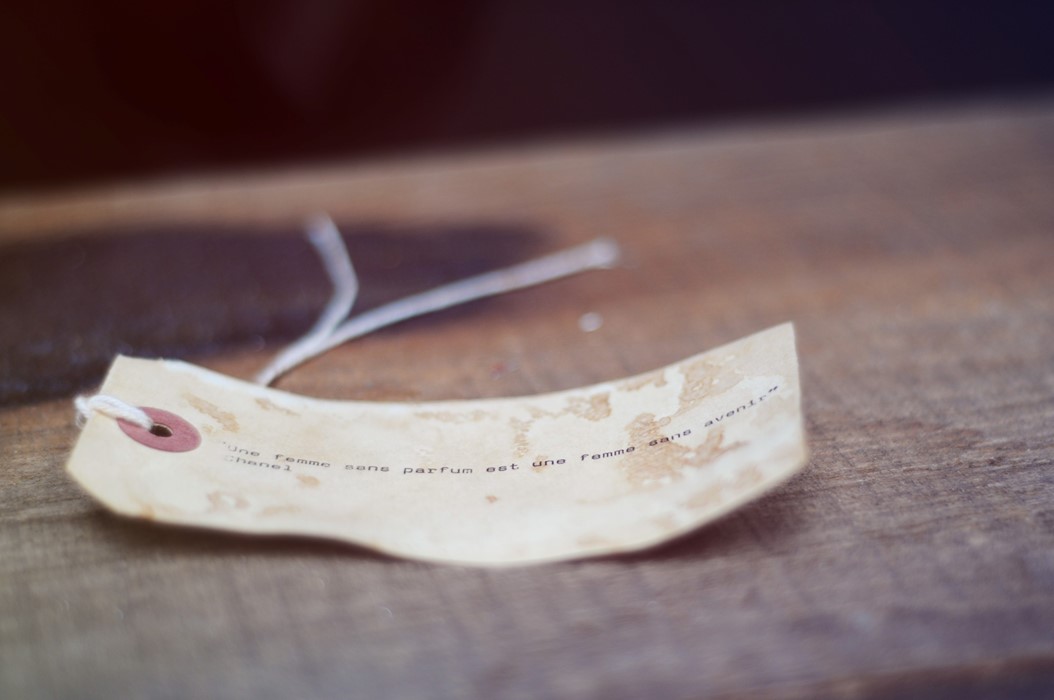
Your Rose 31 fragrance for Le Labo is the brand’s biggest seller – what inspired it?
The idea was to create a kind of ambiguous rose scent, one that can be worn by men and women; at the time when I created it, there were no rose scents for men. It’s very sensual and the wooden spices stop it from being girly but rather make it bold and sexy instead. The idea was that the rose had to be presented in a beautiful and pure but subtle way.
How long does the process of creating a perfume take?
It’s so different from one perfume to another, from one project to another, from one client to another – it can go from one or two months to three or four years. With Rose 31, I remember wanting to carry on working on it and Eddie (Roschi), one of the two founders of Le Labo, was telling me “No way, you stop now, it’s perfect, this is it, and you stop it here!” I didn’t want to stop, but I think that it’s a talent knowing when you have to. Had I carried on, I probably would have destroyed it.
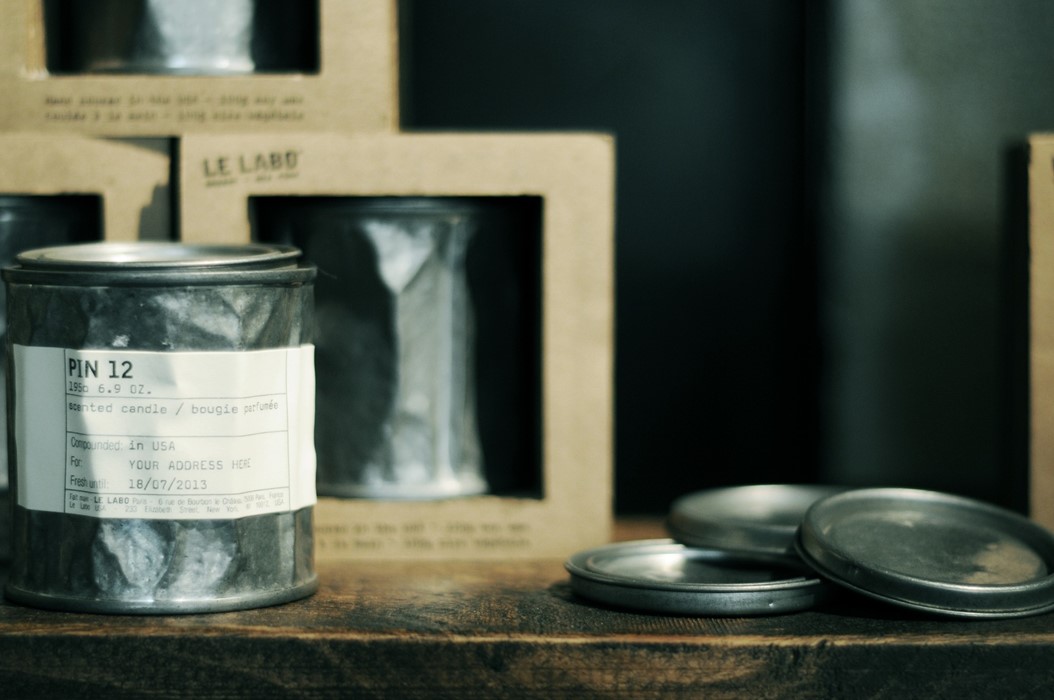
Do you have a favourite perfume to wear yourself?
That’s a difficult question. Personally, I love wearing the Bergamote 22, because I spend all day long smelling perfume, so when I’m not working then I prefer to wear something fresh. But I’m very proud of Rose 31 and people from all over the world have written me some very touching messages about what that fragrance means in their lives, and a lot of my friends wear it. But Eddie recently sent me an email from a person talking about the Lys 41, which was extremely touching – it was from a woman who had had cancer, and said it was a fantastic comfort from chemotherapy.
"The fragrances are extremely expensive but it means that, compared to other clients I work for who give you some limitations on costs, they don’t care"
That’s really special. What is it that you like about working with Le Labo?
The personality of the founders; they have a really clear idea of they like and what they don’t, and they make no compromise. The fragrances are extremely expensive but it means that, compared to other clients I work for who give you some limitations on costs, they don’t care. It’s the quality of the fragrance that’s important. It’s extremely satisfying, and they direct you, they know what they want and they push you in your creativity, so that you can do something different and powerful. They don’t ask for tests – they wear what you create and they know if it’s right. So it’s extremely pleasant to work with. And I’ve been working with them since the brand founded, with the concept of the perfumier’s laboratory, and I think that is extremely modern and qualitative. The whole concept was completely new when it launched, even visually – there was no one else like them.
